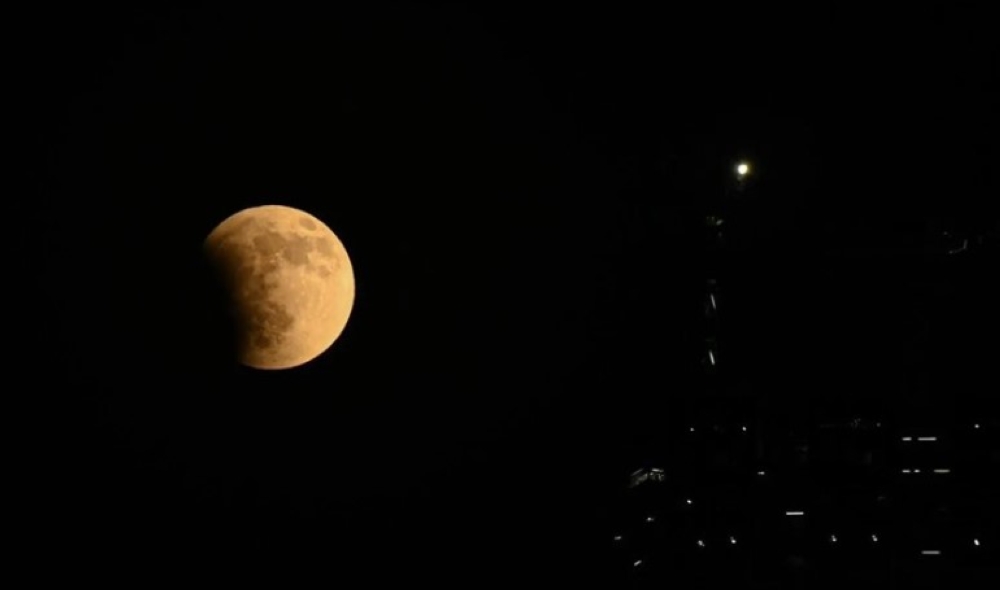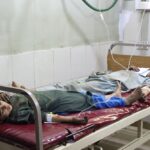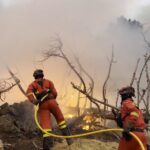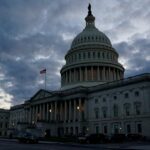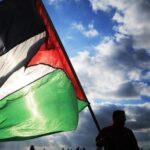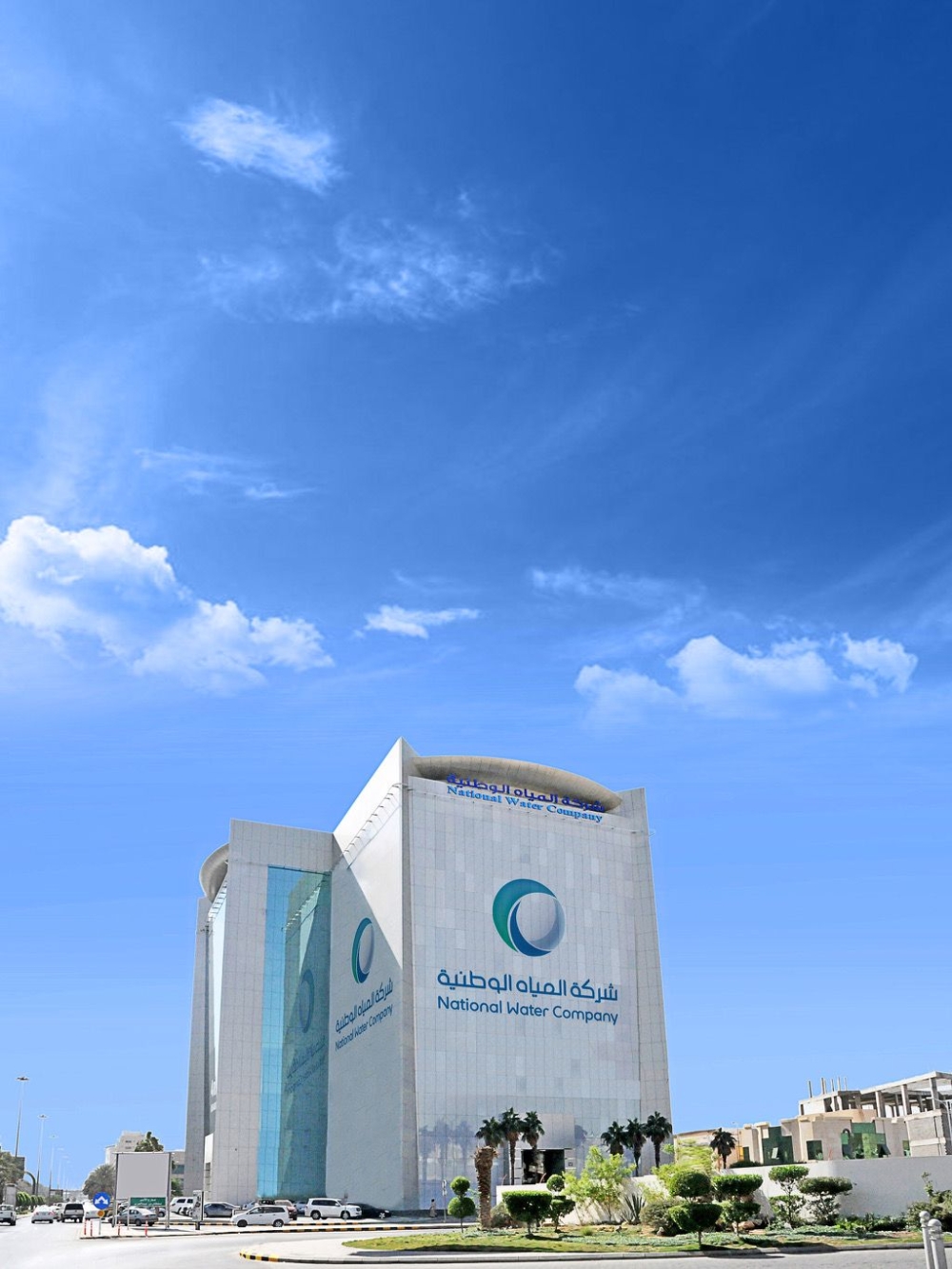
The National Water Company, through its Northern Sector, has completed the implementation of three major environmental projects in Buraidah city in the Qassim region, with a total cost exceeding 156 million riyals. This is part of its ongoing efforts to enhance the infrastructure of environmental services, improve operational efficiency, and achieve environmental sustainability in line with the objectives of Saudi Vision 2030.
The completed projects included the implementation of main and secondary sewage networks and lines with a total length of 124 kilometers, along with the construction of six new pumping stations with an operational capacity exceeding 37,000 cubic meters per day. These projects will serve several neighborhoods in Buraidah: Al-Rabiyah, Al-Sabakh, Al-Qaa Al-Bared, Al-Dahi, Al-Nafal, Al-Shorouq, Sultanah, Al-Naqa, Al-Rihab, Al-Basateen, Al-Rafeeah, Al-Rawdah, and Al-Salmiyah.
Sewage Services
The implementation of these projects is part of strategic plans aimed at increasing sewage service coverage rates in the Qassim region and improving the level of service provided to customers, in accordance with the best operational practices and approved environmental standards. This contributes to protecting the environment and natural resources and achieving quality of life for the community.
Customers in the covered neighborhoods are encouraged to request service connection through digital channels.

